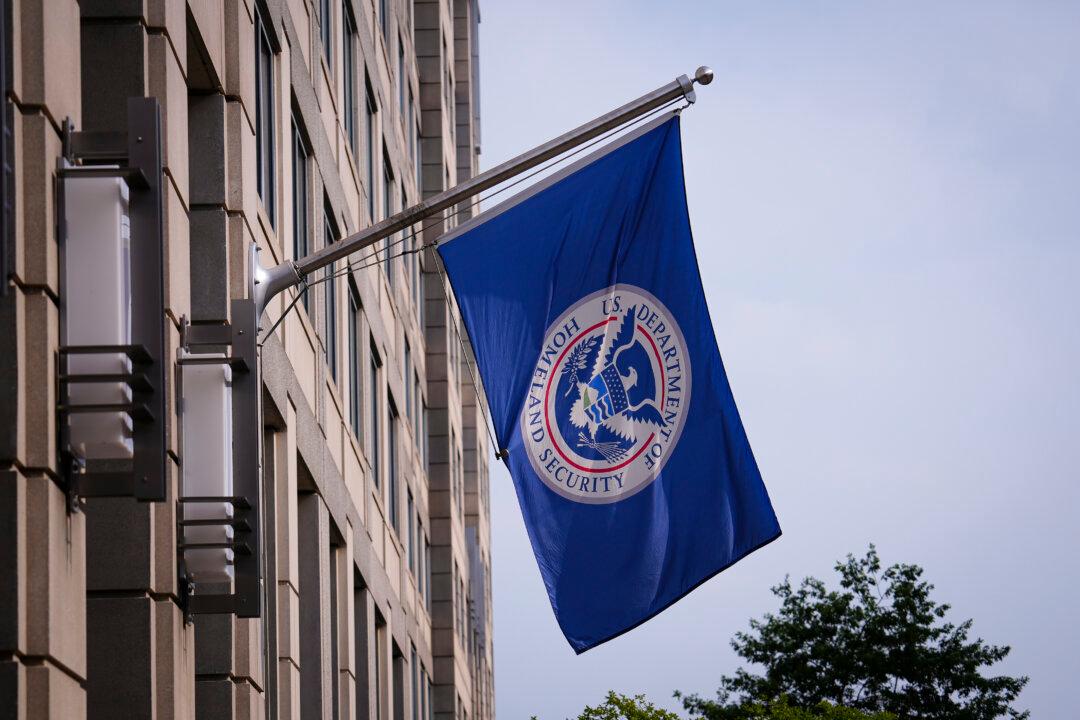The Supreme Court turned away a legal challenge to an Obama-era immigration program that provides employment authorization to the spouses of H-1B visa holders.
The H-1B visa permits U.S. employers to hire foreign workers in specialty occupations. A specialty occupation is one that requires the application of specialized knowledge and a bachelor’s degree or the equivalent of work experience, according to the U.S. Department of Labor.





